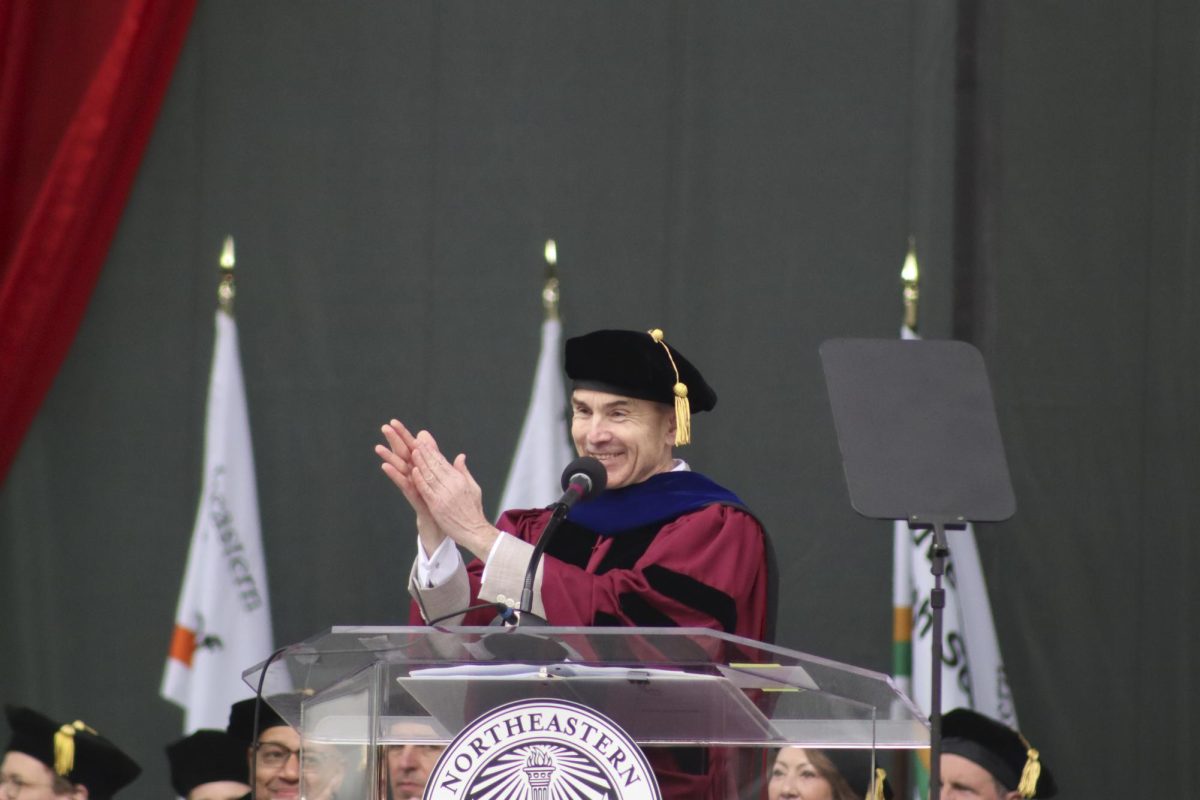Student funds transparent at local colleges
By Bill Shaner, News Staff
Student government financial officers at some Massachusetts universities, including Tufts University and University of Massachusetts (UMass)-Amherst, said they felt managing students’ money should be a transparent and open process.
This year, the Student Government Association (SGA)’s Finance Board – the group that distributes the Student Activities Fee (SAF) and confirms or rejects program requests – will conduct business privately, The News was told via e-mail Sept. 14. Though Finance Board meetings have been at least partially public in the past, SGA reserves the right to conduct Finance Board privately, Student Body President Ryan Fox said in a Sept. 30 article in The News. The Finance Board publicizes funding amounts administered in meetings on their website.
At Tufts, groups that seek funding present to the Selection Board – their version of Finance Board – to lobby for their cause. That segment of the meeting is open to the public. Then the board goes into a closed-doors meeting to discuss the group’s request. After, the Selection Board’s decision is brought to Tuft’s General Senate for further discussion and a vote, Tufts Community Union Treasurer Kate De Klerk said.
“I understand the need for closed-door sessions, especially when dealing with complicated funding situations,” she said. “There’s so much back and forth and it’s just cleaner to do that behind closed doors. But once policy arguments have been hashed out, there should be some sort of forum where the decision can be digested by a wider audience.”
The SGA at UMass-Amherst, which is a part of the state government, adheres to the same state open meeting laws that apply to state government. Therefore, everything it does, besides private appointments, is public record, said Benjamin Levine, UMass SGA’s secretary of finance.
He said that in the UMass system, if a student pays into a fund but doesn’t have access to how it’s being spent, it’s a violation of their First Amendment rights. He drew a parallel to unions.
“Let’s look at union workers,” he said. “If they don’t get a say in what politician the union would support, they would have a right to get a refund of their union dues.”
Boston University’s Student Union also has a version of a Finance Board called the Allocation Board. The Allocation Board decides where their Undergraduate Student Fee will be placed. Like Tufts, Allocation Board meetings are open to both general students and news reporters. However, the Allocation Board approves or denies funding requests without the general Student Union’s voice, like Northeastern’s SGA, according to an e-mail sent to The News from BU Student Union’s Vice President of Finance sent to The News.
In 2003, Michael Benson, then-vice president for financial affairs for Northeastern’s SGA, and others, reviewed the Budget Review Committee’s policies to make it more accommodating to new groups. They changed the funding focus from the groups themselves to the programs the groups were launching to allow for more flexible funding, he said. SGA still administers some of its funding on an event-based basis, according to SAF allocation sheets.
During Benson’s time, meetings were open to the public and reporters, unless they needed to go into a closed-door meeting, he said.
“When I was chair, I invited the reporters to join,” he said. “I felt it was the committee’s obligation to keep the student body privy to what was going on, so I invited a reporter in.”








